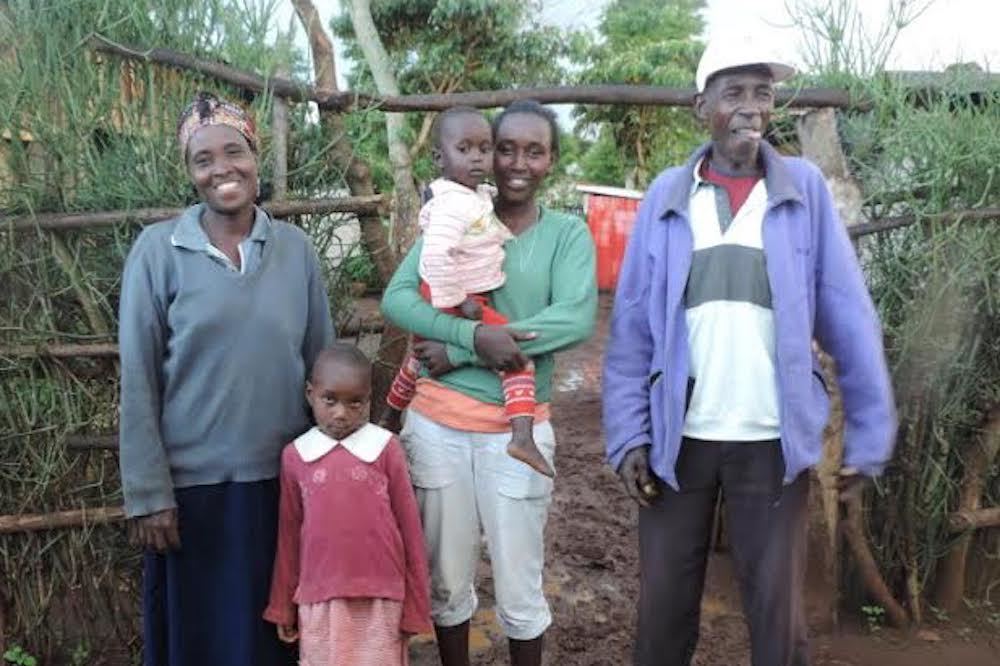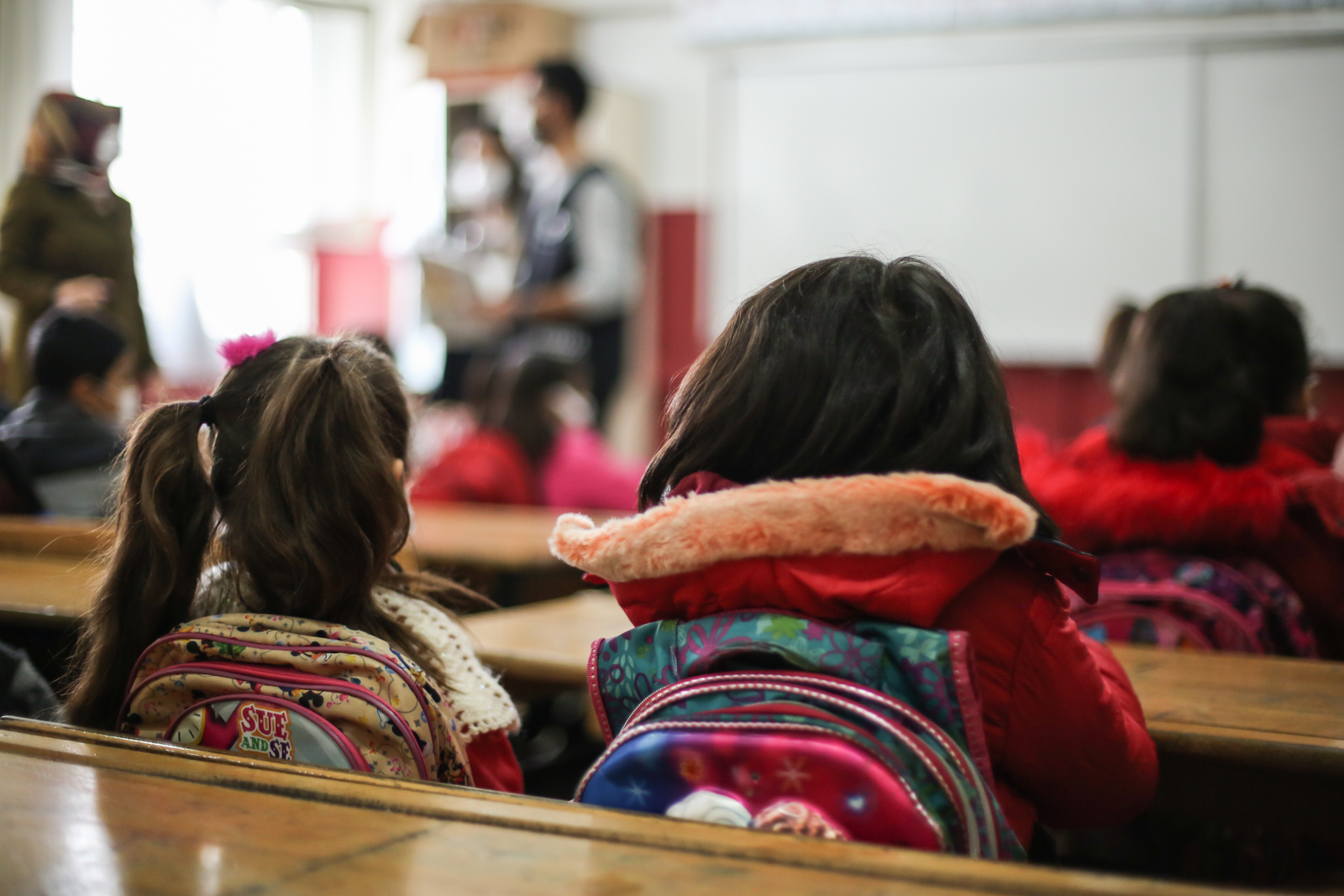How girls who dropped out to have babies are being helped back into school

Barriers to education, Childcare, Girls' education, Right to education, Safe pregnancy and birth
A project in Kenya is working with young mothers to get them back into secondary education.
Leah Kaguri is the mother of a boy who is a year and half old. She gave birth to him after completing her Standard Eight schooling in 2011.
After problems with her father, she ran away from home to work as a “house girl” in Nairobi.
Four years down the line, she is back in Form One at Kirige Day Secondary School in Imenti North Sub County – courtesy of a project to get young mothers back to school.
Jielimishe Girls Education Challenge (GEC), with support from UK Aid, pays her school fees, learning materials and other expenses. GEC also gives goats and poultry to help young mothers generate income.
“After I got pregnant, the father denied responsibility so I had no one to turn to,” said Leah, lovingly feeding her baby.
“I worked as a maid but now I want to go to university to graduate and do fashion and hair design.”
“I advise girls to avoid premature sex at all costs but those who have given birth should consider going back to school. It is important for parents not to abandon their daughters in their time of need.
I have always known an education will open many opportunities for me. Joyce Kawira
“I wake up early to study before going to school. I have challenges of taking care of the baby and concentrating in studies.
“After school, I dedicate time to my baby, washing his clothes, breast-feeding and other chores. I don’t bring homework home.”
Her mother Eliabeth Kagwiria takes care of the baby during the day. She said: “As parents, we were disappointed when she got pregnant but such things are not uncommon in Kenya.
“The important thing is for us not to condemn our daughters when such accidents happen.”
At Ithune village in Tigania West Sub County, we found Joyce Kawira, 20, also feeding her 18-month-old baby. The first-born in a family of six, she got pregnant in the second term of Form One.
Joyce dropped out of school – but two years later she has gone back to Machako Secondary School and restarted at Form One.
Her parents, John and Mercy Mwongerwa, said they are happy she is back in school.
“I never went to school, so I wanted my daughter to get the benefit of
a formal education,” said John. “I was a sad man when she got pregnant but she got another chance courtesy of GEC.”

Girls’ education
Mercy said: “We take care of the baby’s medical and other expenses.”
Joyce said she takes time to talk with young girls, encouraging them not to have premature sex.
“I have always known an education will open many opportunities for me,” she said. “I was shocked when I got pregnant and didn’t know what to do.
“I have gone back to study and I know my future will be secure when I go to university and do medicine.”
Jackson Mwirichia, the principal of Kirige Day Mixed Day Secondary School, said the initiative has helped many local girls from 14 to 18, who fell prey to mainly “boda boda” operators (bicycle and motorcycle taxis).
He said: “They are vulnerable because of poverty. Young men entice them with little amounts of money. The girls have been counselled and integrated back.”
GEC officers Makandi King’oo and Eric Mawira said they are assisting 2991 girls – 31 of whom had dropped out due to early pregnancies.
King’oo said: “It is a pilot project but we will roll it out to other sub counties. We are dealing with girls in 20 schools. We mentor the young girls.”
Mawira said a caravan, composed of boda boda operators, has toured parts of Meru – encouraging communities not to shun girls who fall pregnant but support them instead.
More news

Skills for the future give young people the best chance of success
